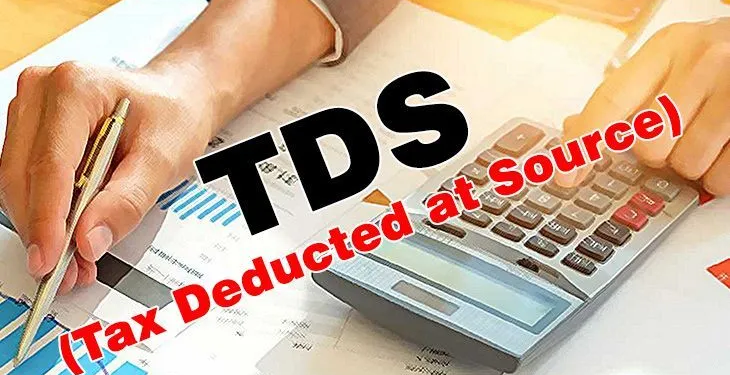TDS interest calculator is crucial to India’s tax system. It aims to tax money at source. Paying on time and getting TDS correct is crucial to avoiding fines and managing money. This article discusses TDS payment deadlines, late payments, and how to utilise interest calculators to track them.
TDS payment due date
The TDS payment deadline is crucial to paying taxes on schedule. Pay TDS by the 7th of the following month. April 7 is the deadline to deposit March TDS. As we know if you miss this deadline, you may face fines and interest.
Real estate sales are excluded from TDS (Section 194IA of the Income Tax Act). Before payment is required, 30 days have passed after the withdrawal. Even though the limit has been extended, the payment is due by April 30 if the TDS was taken out in March.
A TDS interest calculator helps track these due dates, especially since TDS categories have varied due dates. This application can help you remember payment due dates and make on-time payments, saving time and effort.
Use a TDS Late Payment Interest Calculator
Late TDS payments might result in significant interest fines. Use a TDS late payment interest calculator to calculate your interest and avoid surprises.
Interest calculations include two primary scenarios:
The absence of TDS: Incorrect TDS deductions result in 1% monthly interest. This interest is based on the time between TDS removal and removal. If TDS was due on January 1 but not taken out until February 1, 1% monthly interest would be charged. You may calculate your late payment charge with a late payment interest tool. This will show you the additional cost.
TDS deduction without payment: TDS taken but not paid by the due date incurs 1.5% monthly interest. The interest is calculated from the TDS deduction date to the payment date. TDS taken on April 1 but not paid until June 1 would accrue 1.5% interest for two months. The TDS late payment interest calculator can accurately calculate this interest, helping you manage your bills.
Why the TDS calculator needs interest rates
For money management and tax compliance, a TDS interest calculator is essential. This utility calculates late TDS payment interest. You can rapidly calculate interest by adding the TDS amount, date deducted, and date paid.
A TDS interest tool can do the following:
Correct Calculations: Keeping proper financial records and paying the right amount of interest helps you avoid tax issues.
Plan your finances: Knowing how much interest you may have to pay helps you budget and pay on time to avoid fines.
Follow-up: Regularly using the calculator will help you prevent late tax payments and calculation errors.
How to Maximise TDS Interest Calculator
Tips for optimising a TDS interest calculator:
Correct Input: Enter accurate data for correct answers. Enter the correct dates and numbers into the tool. You may miscalculate interest and pay too much or too little with inaccurate information.
Updates often: Track TDS payments and taxes frequently. Enter purchase details into the calculator immediately to acquire current interest liability information. Monitor your accounts regularly to maintain your obligations and avoid last-minute surprises.
Review and Execution: Keep up with the latest tax requirements by reviewing your TDS payment records and interest tool results regularly. Staying current with tax rules and due dates is crucial to adjusting your computations.
Including Financial Management: The interest on TDS calculator should be part of your financial management. Keep correct records of TDS payments, deductions, and interest calculations to ensure financial health and compliance.
Conclusion
To prevent fines and keep on top of taxes, know when TDS payments are due and how to manage late payments. TDS interest calculators, late payment interest calculators, and interest on TDS calculator can simplify these tasks. If you precisely calculate late payment interest and meet payment dates, you can satisfy all your tax obligations without paying extra. Regularly using these tools will help you keep good records, prepare financially, and follow tax laws.


